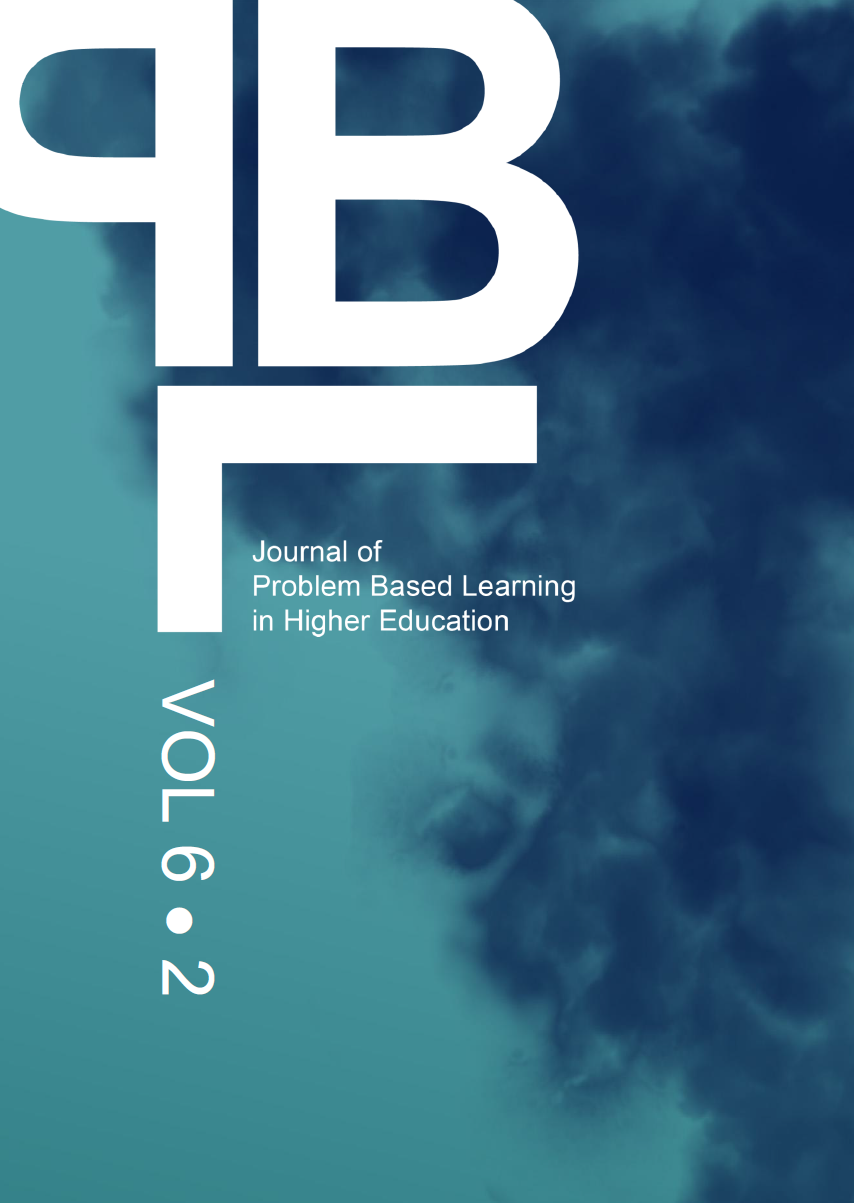Abstract
The main challenges facing a project based learning (PBL) facilitator in Australian College of Kuwait (ACK) is addressed here in team forming for multidisciplinary PBL subjects of diploma students in mechanical and civil engineering. These challenges include the type of projects, how to team up students, how to proceed with planning, how to swap planning outputs among teams, and how to proceed with implementation of a project. Having executed several multidisciplinary subjects over few years in ACK, a survey was conducted from the facilitators and students at the school of engineering to identify the main concerns of both facilitators and students in creating teams and maintaining teamwork to tackle a real life engineering problem. A questioner consist of 7 questions were distributed and the answers were collected from 10 facilitators and 60 students from both diploma programs. Analyzing the data collected from the survey, the ideal number of students in each team was identified as four students per team; two students from each discipline. Moreover, students believe that they can perform better if they are allowed to select their teammates rather than be grouped randomly by the facilitator. The preferences of students on selecting their teammates was based on the criteria of friendship, hardworking, easy going, or being helpful. Moreover, the results of survey indicate that the social/cultural issues such as gender, religious, and ethnicity are also important in forming the teams.
Articles published in Journal of Problem Based Learning in Higher Education are following the license Creative Commons Attribution 4.0 (CC-BY)
Authors retain copyright and grant the journal right of first publication with the work simultaneously licensed under a Creative Commons Attribution 4.0 International License (CC-BY). Further information about Creative Commons
